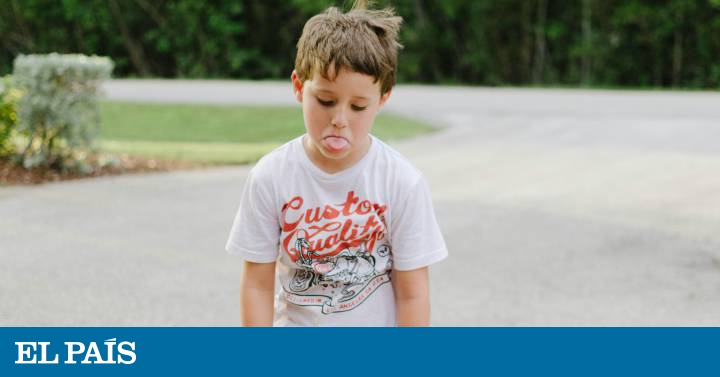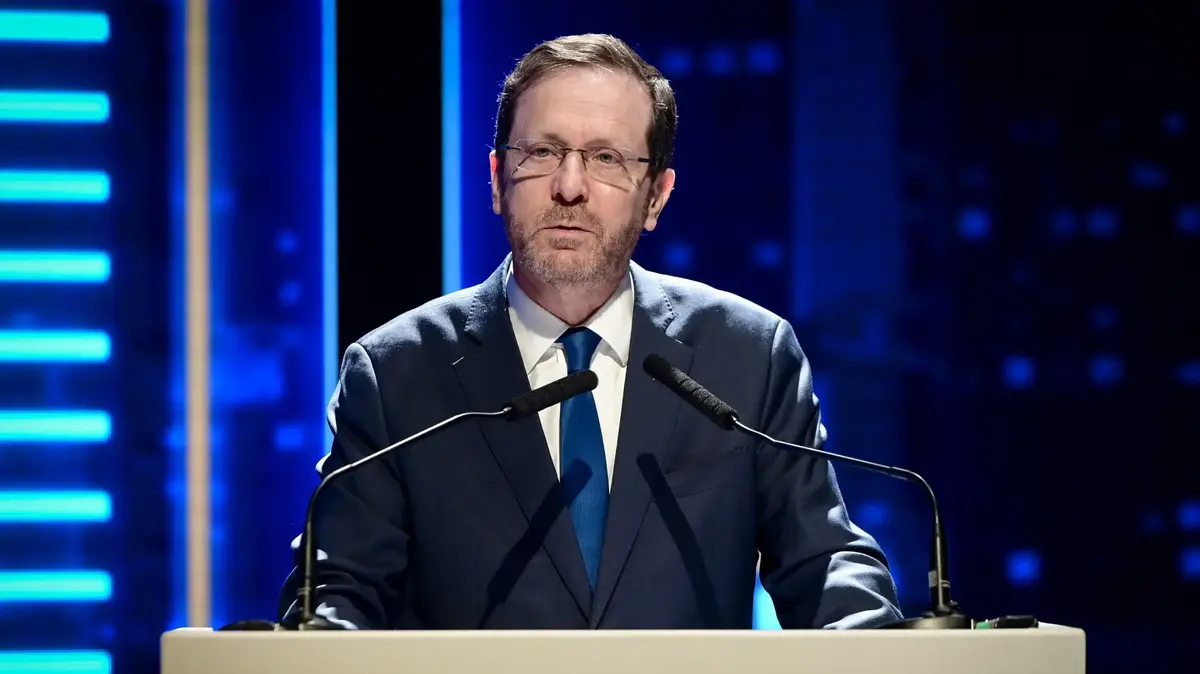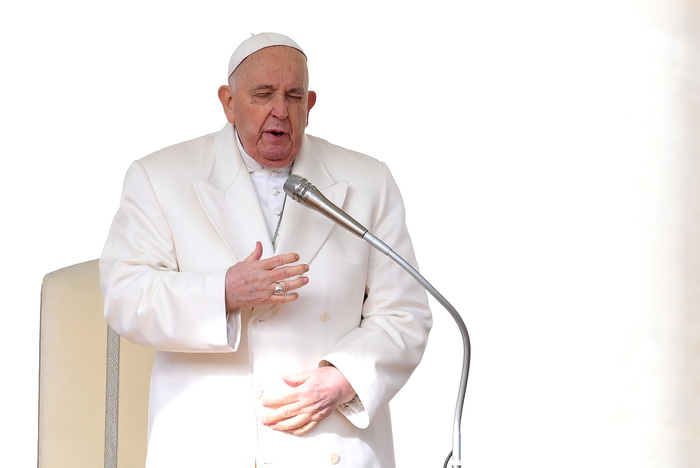MORE INFORMATION
How parents' fights affect children
Why you shouldn't force kids to keep eating when they're full
Asking for forgiveness is not that easy. It is a behavior that is difficult to learn and that when training in children it is very important that there is good communication throughout the process, “It will be in this way that you will be able to understand the guidelines well and express your doubts. When teaching a child to ask for forgiveness, a rule that favors coexistence with other people, some considerations must be kept in mind, "explains María Uriarte Iturralde, a psychologist, which is listed below:
- You have to work with the child at the right time to ask for forgiveness and inquire about whether or not it has ever generated embarrassment or other negative emotion. In this and in other cases where this occurs, it will not resort to manifesting it.
- Depending on the case, if the child has truly been able to control an inappropriate action, it is explained why it is important and necessary to apologize to others. You should be taught that asking for forgiveness is a natural, positive, and courteous behavior that provides benefits to both yourself and others. Among these benefits are: improving the quality of relationships with others and a feeling of liberation from thoughts and feelings that harm us.
- It is important that parents train situations, step by step, in which the child asks another person for forgiveness. You will be asked later to reproduce it. Also, observe how what you do influences and affects others. Those who work with him will give him feedback the moment he interprets any of the behaviors being rehearsed.
When a child has inappropriate behavior, it is a priority to modify his behavior not now, but with a future perspective. “If we only focus on asking for forgiveness, we will achieve the opposite of what we are looking for, for example, we will be reinforcing her bad behavior by calling our attention, encouraging her to have negative emotions of anger and even feel frustration,. The father or mother cannot be constantly angry or despair with their child because it will be counterproductive and create a tense family environment. The child matures and learns over time. However, it should not be forgotten that each child has her own rate of development and cannot be compared to another. ”, Concludes María.
For Miriam Recio Ventosa, psychologist and director of the Psychoeducate center: “Asking for forgiveness is a sign of social education. However, in my opinion, I relate it more to learning and empathy. ” “It is okay for parents to teach their children to ask for forgiveness, to show it as something natural and to praise them when they ask for it in the right situation. However, if this does not involve learning, it makes no sense. Parents or guardians are the maximum role models for the child and the child will learn from them and their behaviors. The father may refer to her son: Forgive me I have spoken badly to you and I feel sorry. It will not happen again, ”says the professional.
The best learning for the child is when from inappropriate behavior he can extract something positive. “They need to take responsibility for their actions and apologize if their actions harm someone. With this they will be able to prevent in future occasions ”, continues Miriam. The child should not be forced to ask for forgiveness, and even less immediately. “It is very necessary that the child be given time and space to think and reflect on what has happened. You must realize if you have made a mistake and not apologize lightly, without feeling, to avoid punishment or without understanding why. Sometimes the parents force an apology in which the child does not believe, it may even be something that they could not avoid, "certifies Recio Ventosa.
The child is not always wrong. Therefore, you must learn to differentiate cases and to bear the consequences. “If parents make asking for forgiveness a frequent occurrence, the child may feel insecure and guilty on a regular basis. On the other hand, when the child harms someone, forgiveness can be explained to her in deeds, such as giving a toy, making a drawing or caressing. Even if, for example, he breaks something valuable to his mother or father, he can be taken to the store to fix it and explain that his action will cause him to use money to correct it, "says Ventosa.
Recio Ventosa assures that it is difficult to teach the child to ask for forgiveness and to do it in a conscious way. Both professionals agree that this skill is essential to promote the child's self-esteem. "The most recommended thing for parents is to set clear limits, as long as it is something precise and from love. In time the child will understand the end of certain actions and trust their good work, "concludes Miriam.
You can follow De mamas & de papas on Facebook, Twitter or subscribe here to the Newsletter.















